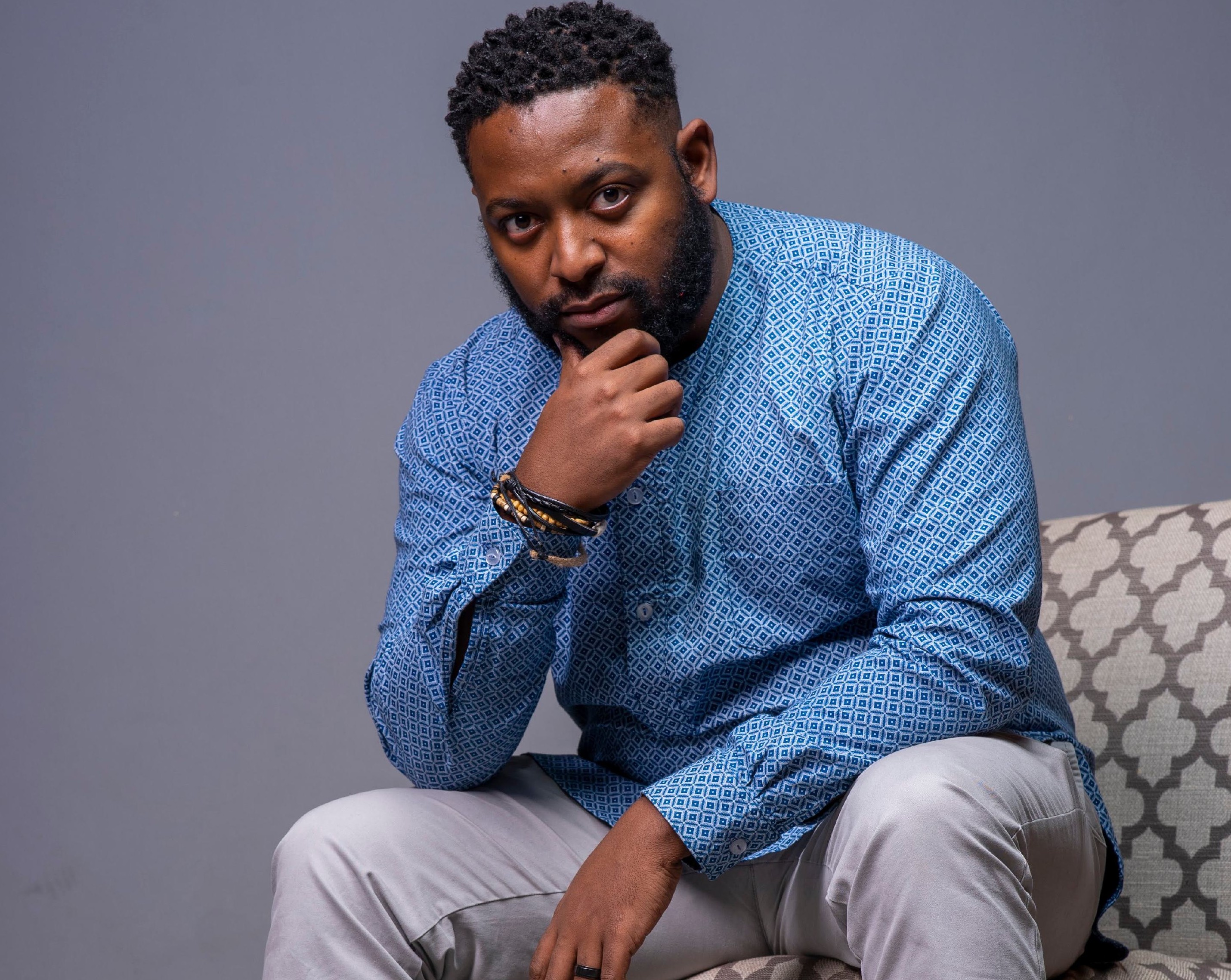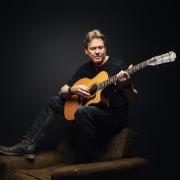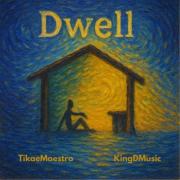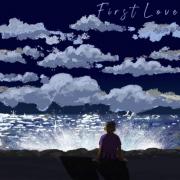Interview: Tikae Maestro
Award-winning South African musician, producer, and songwriter Tikae Maestro talks to Louder Than The Music about his new single 'Dwell' featuring Christian artist, Kingdmusic.
For those who haven't heard of you before, can you tell us a bit about yourself and how you got involved in making music?
I’m Tikae Maestro — a composer, producer, and worship artist from South Africa whose heart has always been to make music that carries both soul and substance. I’ve had the privilege of helping shape the sound of We Will Worship, one of the most influential worship movements in South Africa. That journey led to multiple SAMA Awardsand music that’s been sung across the world.
I grew up in church — literally. My dad’s a pastor, so music was never just art to me, it was ministry. Over the years I’ve produced, composed, and arranged for a wide range of artists, from mainstream acts to worship collectives, and even written songs that have topped the iTunes charts for weeks. Every chapter has deepened my love for crafting music that connects heaven and humanity.
Tell us about your new single “Dwell” and what the inspiration behind it was.
Dwell is rooted in Psalm 27 verse 4 — “One thing have I desired of the Lord… to dwell in His presence.” It’s a reminder that no level of success or creativity compares to simply being near God.
Musically, it’s where Amapiano and Afrobeat meet Scripture — a modern rhythm for an ancient truth. I wanted to create a sound that moves both body and spirit — something that could play in a club, a car, or a church service, and still draw people into God’s presence.
What message would you like people to take from your music?
That worship isn’t confined to a genre or space — it’s a lifestyle, and it can live in rhythm. My hope is that people encounter truth and joy in the same breath when they listen — that they’d sing Scripture without even realizing it, and remember that they’re seen, loved, and created with purpose.
How would you describe your style of music and what are your influences?
I’d call it Afro-Innovation — rooted in African groove, yet harmonically rich and globally fluent. My influences stretch from Chopin to Bheki Mseleku, from Busi Mhlongo to Kim Burell, Brad Mehldau, and Cory Henry— people who blur the line between spirituality and musical excellence.
I love building bridges — between sacred and street, old hymns and new beats, Africa and the world.
If you could work with any songwriter, who would it be and why?
Probably Jon Bellion. His production mind is fearless, and he writes with honesty that cuts across cultures. I think blending his sonic creativity with African rhythm and theology could birth something truly timeless.
How would you define success in your career as an artist?
For me, success is impact that outlives applause. Awards like the SAMA or the commercial success of We Will Worship are humbling affirmations, but real success is when a song shifts someone’s faith, or gives language to what they feel but couldn’t say. That’s the win. Another win is when the music goes beyond me. I am thrilled when people describe my own music to me without realising I wrote it.
What is your favorite album of all time?
It’s hard to pick one, but Tye Tribbet’s “Victory” changed my world. It showed me that gospel could groove, innovate, and still carry power. It made me realize I could be both a producer and a worshipper.
You're stuck on an island, it's hot, you only have enough battery life left to listen to one song on your phone. What track is it?
(Laughs) Probably “Nocturne No.1 in B-Flat Minor” by Frederic Chopin — it still moves me every time. There’s something eternal about it; it feels like home. Either that, or “Lingus” by Snarky Puppy — because even on an island, melody, harmony and groove are sacred.
What does the next year hold for you?
This next season is about expansion and expression. Beyond Dwell, I’m working on 3 full body of work that fuses African harmony, rhythm, and modern worship; the first is an instrumental pop album where I explore the limits of harmonic expression by painting landscapes of scriptural thought without actually using any words or lyrics. The second is a worship album that most people who know my sound will be familiar with (more in line with congregational praise and worship), and the third is a second installment of Tribe Rua, The ensemble exploring Christian contemporary music using traditional African instruments. For all 3 projects you can expect continuing collaborations with artists across the US, UK, and Africa.
Expect live recordings, international features, and a sound that keeps evolving — but always anchored in the presence of God.







